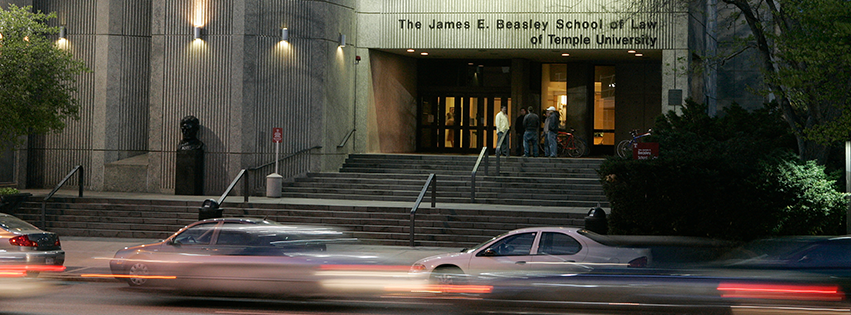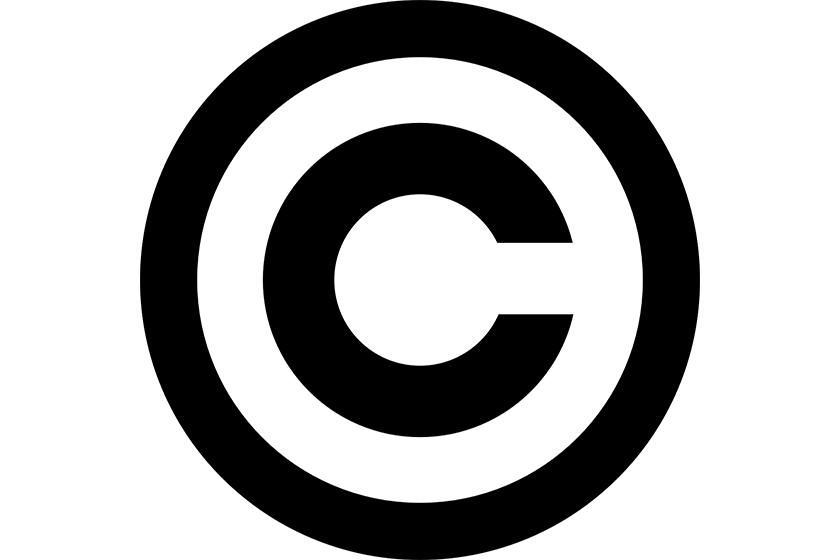Intellectual Property Law Society | Student Organization Voices Series
Your Name: Catherine Cuff Graduation Year: May 2020 Name of Organization: Intellectual Property Law Society (IPLS) Position in Organization: President Temple Law School: When did you join this organization? Catherine Cuff: I joined IPLS as a 1L my first year at Temple. I worked in IT prior to law school and knew I was interested in the subject. I made sure to sign up at the student activities fair. TLS: Why did you decide to join this group? CC: With our society relying more and more on technology I wanted to better understand how law and science interact. I also wanted to demonstrate to employers that this was an area of interest for me. Embarrassingly, I’ve always had a bunch of crazy ideas for inventions. I wanted to learn how to make them reality! TLS: What is your organization’s mission? CC: The purpose of IPLS is to promote the discussion of legal challenge presented by technological advances through speakers and events. We want to connect students with this wonderful field of law! TLS: Can you …





